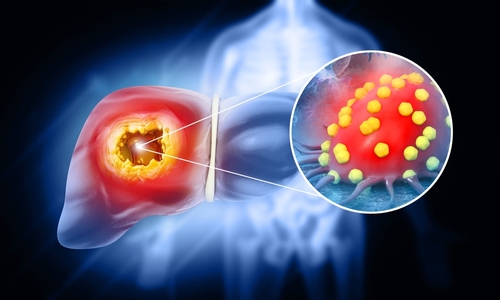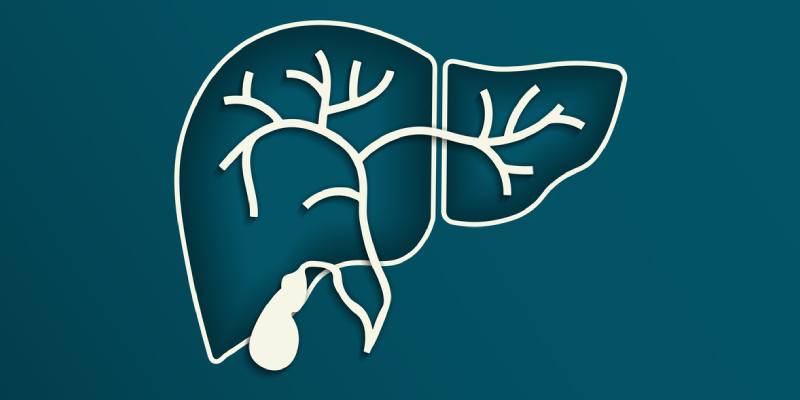
Tislelizumab may represent a potential first-line therapy for patients with unresectable hepatocellular carcinoma (uHCC), according to a study published in JAMA Oncology.
Researchers sought to assess the efficacy and safety of tislelizumab versus sorafenib tosylate for first-line treatment of uHCC. To do so, they conducted the open-label, global, randomized, multiregional, phase 3 RATIONALE-301 study, which enrolled 674 systemic therapy-naive adults with histologically confirmed uHCC.
The population of interest was randomized in a 1:1 fashion to receive tislelizumab 200 mg intravenously every 3 weeks or sorafenib tosylate 400 mg orally twice daily. Overall survival (OS) was the primary outcome of interest. Secondary outcomes of interest included objective response rate (ORR), progression-free survival, duration of response, and safety.
The primary end point—the OS noninferiority of tislelizumab versus sorafenib—was met in the intention-to-treat population, with a median OS of 15.9 months and 14.1 months, respectively. Moreover, tislelizumab demonstrated a higher ORR (14.3% and 5.4%, respectively) and a higher median duration of response (36.1 months and 11.0 months, respectively).
“In RATIONALE-301, tislelizumab demonstrated OS benefit that was noninferior [versus] sorafenib, with a higher objective response rate and more durable responses, while median progression-free survival was longer with sorafenib. Tislelizumab demonstrated a favorable safety profile [versus] sorafenib,” the researchers concluded. They added that the findings “demonstrate that tislelizumab represents a potential first-line treatment option for patients with unresectable HCC.”







 © 2025 Mashup Media, LLC, a Formedics Property. All Rights Reserved.
© 2025 Mashup Media, LLC, a Formedics Property. All Rights Reserved.